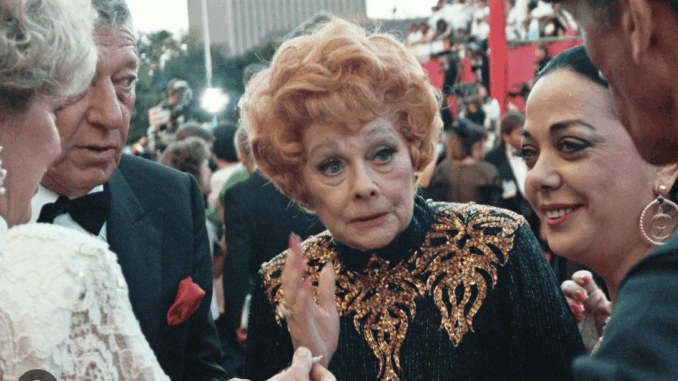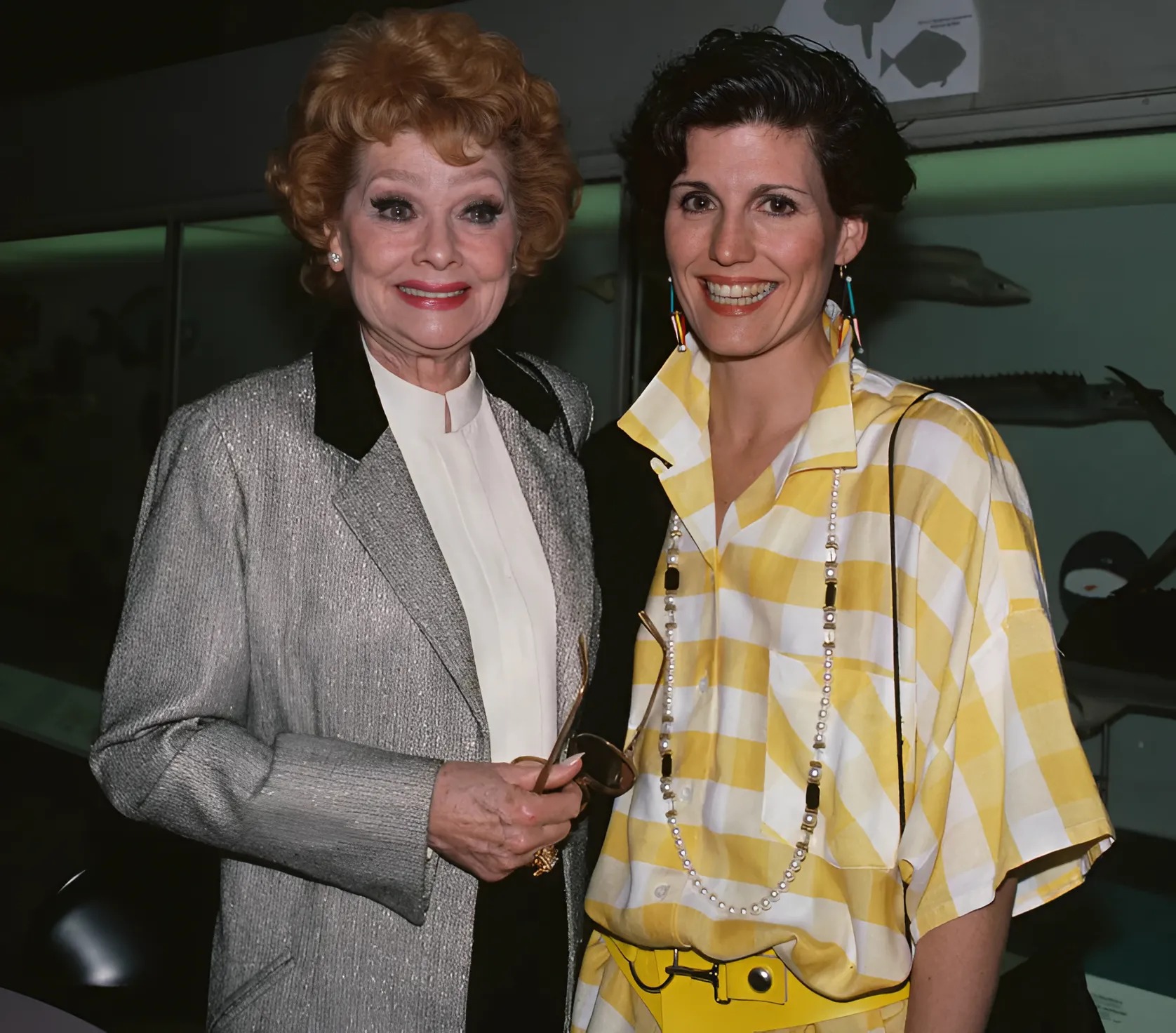
Seven decades after it first graced our screens, I Love Lucy continues to tickle funny bones and draw in new audiences. In a world of rapidly evolving entertainment, what is it about Lucy Ricardo’s antics, whether she’s hilariously faking an Italian persona or hilariously failing to keep up with a chocolate factory conveyor belt, that still elicits genuine laughter? The answer lies in a potent combination of timeless comedic elements and a deeply relatable human core.
One of the enduring strengths of I Love Lucy is its masterful use of physical comedy. Lucille Ball was a comedic genius, her expressive face and rubber-limbed physicality transcending language and cultural shifts. A well-timed pratfall, a desperate attempt to hide something, or an exaggerated reaction – these visual gags land just as effectively today as they did in the 1950s. This type of humor is universal, tapping into a primal part of our brains that finds amusement in the absurdities of human behavior.
Beyond the slapstick, the character of Lucy Ricardo felt incredibly real. Despite her often outlandish schemes, her motivations were grounded in relatable desires: wanting to be a part of Ricky’s world, dreaming of stardom, or simply trying to spice up her everyday life. Her flaws – her impulsiveness, her occasional fibs, her boundless enthusiasm – made her feel like a real person, albeit an exceptionally funny one. We laugh with Lucy because we recognize a bit of ourselves in her chaotic energy and her yearning for something more.
The enduring influence of I Love Lucy can be clearly seen in many contemporary comedy series. Think of the sharp wit and theatrical flair of The Marvelous Mrs. Maisel, with its strong female lead navigating societal expectations with humor and determination – echoes of Lucy’s own spirit. Or consider the character-driven comedy and physical humor of Schitt’s Creek, where the Rose family’s fish-out-of-water scenarios often lead to laugh-out-loud moments reminiscent of Lucy’s misadventures. These modern hits, beloved by new generations, owe a clear debt to the groundbreaking comedic blueprint laid down by I Love Lucy.

For longtime fans, revisiting I Love Lucy is a comforting dose of nostalgia, a reminder of a golden age of television. For those who’ve never seen it, it’s a revelation – a chance to discover comedy that is both timelessly funny and surprisingly progressive for its era. So, whether you’re drawn to the iconic physical gags, the relatable character of Lucy, or the show’s undeniable influence on modern comedy, I Love Lucy continues to offer a masterclass in making us laugh, proving that true comedic genius transcends the boundaries of time. It’s time to rediscover (or discover for the first time) the enduring magic of Lucy.